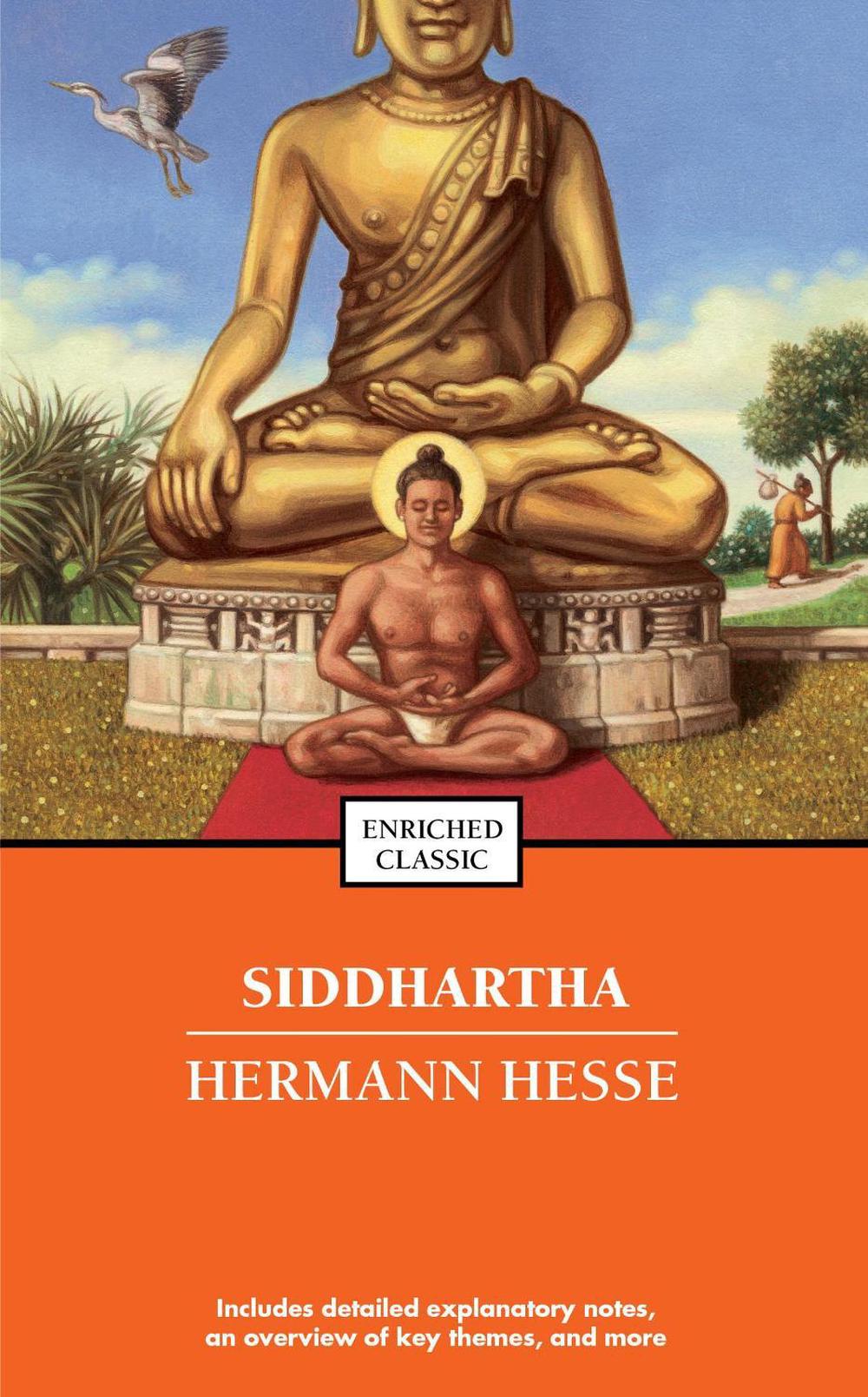

Siddhartha decides to leave his home in the hope of gaining spiritual illumination by becoming an ascetic wandering beggar of the Śamaṇa. The story takes place in the ancient Nepalese kingdom of Kapilavastu. In this book, the Buddha is referred to as "Gotama". In fact, the Buddha's own name, before his renunciation, was Siddhartha Gautama, prince of Kapilavastu. The word Siddhartha is made up of two words in Sanskrit language, siddha (achieved) + artha (what was searched for), which together means "he who has found meaning (of existence)" or "he who has attained his goals". Hesse dedicated the first part of it to Romain Rolland and the second part to Wilhelm Gundert, his cousin. in 1951 and became influential during the 1960s.

The book, Hesse's ninth novel, was written in German, in a simple, lyrical style. Siddhartha: An Indian novel ( German: Siddhartha: Eine Indische Dichtung German: ( listen)) is a 1922 novel by Hermann Hesse that deals with the spiritual journey of self-discovery of a man named Siddhartha during the time of the Gautama Buddha.


 0 kommentar(er)
0 kommentar(er)
